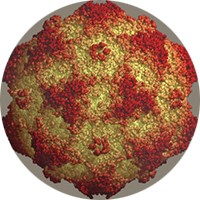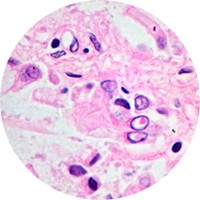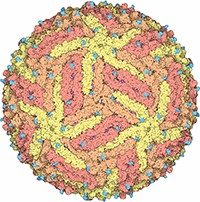Animals and Disease

Canine Parvovirus
Often called parvo, this is a highly contagious viral illness that primarily affects the dog’s gastrointestinal tract. Common symptoms include vomiting, diarrhea, anorexia and lethargy. It can be transmitted to an animal, person or object through a dog’s feces. Parvovirus has been dramatically reduced by the use of vaccinations.


Distemper
Distemper is a contagious viral illness that affects dogs and some wildlife. Dogs become infected when sick animals sneeze or cough, or use the same food and water bowls. Symptoms include fever, nasal discharge, coughing, lethargy, reduced appetite and vomiting. The best way to protect your pet is by getting it vaccinated.


Canine Influenza
Canine Influenza is another highly contagious disease. It is easily spread through direct contact with infected dogs, contaminated surfaces and people moving between infected and uninfected animals. Although dogs do not pass this disease to people, they can transmit it to cats. Symptoms include a persistent cough, thick nasal discharge and fever.


FIV / FeLV
These lethal feline diseases are caused by two specific submicroscopic organisms: feline leukemia virus (FeLV) and feline immunodeficiency virus (FIV). Although these viruses are somewhat different in how they effect a cat, both are capable of causing a cat's premature death. It is estimated that two to four percent of cats in the U.S. harbor one or both of these two viruses.


West Nile Virus (WNV)
Some species of wild birds are susceptible to West Nile virus, but dogs and cats rarely become ill when infected with the disease.
If you find a dead crow, raven, jay, hawk, owl or falcon Monday thru Friday 8:00am - 5:00pm, please call the County Department of Environmental Health at (858) 694-2888. On weekends, holidays or outside of business hours, please call (858) 505-6657. You may also email vector@sdcounty.ca.gov (Please do not email on weekends or holidays).
According to the California Veterinary Medical Association, it is rare that cats or dogs get West Nile virus and if they do, they usually don’t display symptoms or behavioral changes. There is no documented evidence of dogs or cats transmitting WNV to people.
People, birds and horses get WNV by being bitten by an infected mosquito. Horses infected by the virus may not show any symptoms or they may show severe neurological problems that can be fatal.
According to the California departments of Health Services, and of Food and Agriculture, there is a WNV vaccine for horses. Please talk to your veterinarian for more information.


Ebola Virus Disease
According to the United States Centers for Disease Control (CDC) only a few species of mammals (including humans, monkeys, and pigs) have shown the ability to become infected with the Ebola virus. There is no evidence that mosquitoes or other insects can transmit Ebola.
Even in areas of Africa where Ebola is present, there have been no reports of dogs or cats becoming sick with Ebola.


Zika Virus
According to the CDC there have not been any reports of pets or other animals becoming sick with the Zika virus, however more research is needed. There is no evidence that the Zika virus is spread to people from contact with animals.





